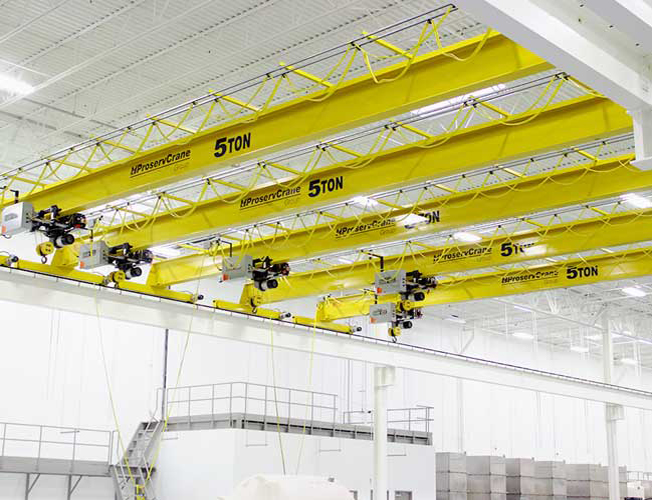Electroless Nickel: The Best Defense Against Corrosion
Electroless Nickel: The Best Defense Against Corrosion
Blog Article
In industries where metal components are consistently exposed to corrosive environments, the risk of corrosion is a significant concern. Elements like moisture, heat, and chemicals can severely compromise the integrity of metal parts, leading to costly repairs and replacements. The impact of corrosion not only includes physical damage but can also result in operational downtimes that affect productivity. Therefore, applying effective anti-corrosion coatings is essential to prolonging the lifespan of industrial components, and electroless nickel plating has emerged as a leading solution.
This article explores the significance of anti-corrosion coatings, evaluates different protection methods, and explains why electroless nickel plating is often the most effective choice for safeguarding metal equipment and parts.
The Importance of Anti-Corrosion Coatings
Corrosion is a relentless enemy for metal parts used in various industrial applications. Factors like humidity, exposure to harsh chemicals, and mechanical wear can all accelerate the deterioration process. Without appropriate protective measures, these components are likely to suffer from rust, oxidation, and other forms of corrosion, which may compromise their structural integrity. The costs associated with replacing corroded parts can be astronomical, and the operational downtime can lead to further losses.
Anti-corrosion coatings play a vital role in shielding metal surfaces from these damaging effects. Various types of coatings, including powder coating, electroplating with nickel, and electroless nickel plating, are utilized for this purpose.
Comparing Coating Methods
- Powder Coating: This method involves applying a dry powder to the metal surface, which is then cured under heat to form a solid, protective layer. While powder coating provides good corrosion resistance and a pleasing finish, it can chip and may not be ideal for high-wear applications.
- Electroplating with Nickel: This process uses electric current to deposit a nickel layer onto the metal. Although it produces a strong and uniform coating, it requires a conductive surface and may not achieve consistent coverage on complex geometries.
- Electroless Nickel Plating: In contrast to electroplating, electroless nickel plating relies on a chemical bath to apply a nickel-phosphorus alloy uniformly across the surface, independent of electricity. This method ensures even coverage on intricate parts, making it ideal for components requiring robust protection against corrosion, wear, and friction. It has significant advantages over electroplating, particularly for larger or more complex parts.
Why Choose Electroless Nickel Plating?
Electroless nickel plating stands out due to its numerous benefits:
- Consistent Coverage: One of the primary advantages of electroless nickel plating is its ability to provide uniform coating thickness across various shapes and sizes. This is particularly beneficial for intricate components like production tubing, gears, and valves. Industries that depend on reliable metal parts, such as oil and gas, see great value in electroless nickel coating for barrels for comprehensive surface protection.
- Superior Corrosion Resistance: Electroless nickel plating is renowned for its outstanding resistance to corrosion. Its protective layer acts as a barrier against aggressive chemicals, saltwater, and acids, making it essential for industries like petrochemical and marine engineering.
- Enhanced Wear Resistance: In addition to corrosion protection, electroless nickel plating significantly improves the hardness and wear resistance of metal components. This makes it particularly suitable for parts subject to high friction, such as gears and extraction tubes, thereby reducing the risk of metal fatigue.
- Durability: The electroless nickel plating process ensures that even delicate components receive a protective layer that enhances their longevity, particularly for metal plating for steel pipes and parts.
- Cost-Effective: Although the initial cost of electroless nickel plating might be higher than alternative methods, the long-term benefits—such as reduced replacement and maintenance costs—make it a worthwhile investment. By prolonging the lifespan of components, electroless nickel plating proves to be a cost-effective solution for many industries.
Choosing the Right Coating Partner
When selecting a partner for anti-corrosion coatings, it is vital to choose a reputable company. An experienced industrial metal plating company in Texas can deliver the necessary expertise to apply the right type of coating for your specific needs. Whether your requirements involve protecting steel pipes, valves, or production tubing, selecting an appropriate coating solution is crucial to ensuring the performance and durability of your equipment.
For businesses in sectors like oil and gas, working with anti corrosion metal coaters specializing in electroless nickel plating can significantly reduce the risk of component failure, ensuring that machinery operates effectively over time.
In summary, safeguarding metal components against corrosion, wear, and friction is essential for maintaining the performance and durability of industrial equipment. While there are several coating options available, including powder coating and electroplating, electroless nickel plating rises to the top as a preferred choice due to its even coverage, exceptional corrosion resistance, and enhanced durability. Whether you need metal plating for steel pipes and parts or specialized electroless nickel coating for barrels, this method offers reliable, long-lasting protection.
For companies looking to implement the best anti-corrosion solutions, partnering with a knowledgeable industrial metal plating company in Texas ensures that your metal components are expertly protected and ready to withstand even the toughest conditions.
Report this page